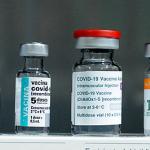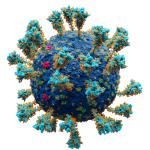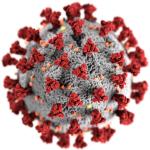Misguided COVID-minimizers like to say that COVID-19 is no worse than a cold that lasts a few days and then disappears without any sequelae. They’re so wrong, and the evidence of that continues to mount.
COVID
The notion of human medical experimentation elicits visceral repulsion.
Scientific American (SciAm) set social media on fire this week by endorsing Kam
Join Cameron English and Dr. Chuck Dinerstein on Episode 89 of the Science Dispatch podcast as they discuss:
Like tens of thousands of Americans baking in the summer heat, last week President Biden was convalescing at home, waiting for the COVID symptoms to pass.
There have been more than 111 million cases of COVID-19 in the United States, which caused about 1.2 million deaths, a calamitous public health episode by any measure.
There have been at least 10 outbreaks of measles across twenty states already this year, an alarming and dramatic surge.
I explained that while we’ve been trying to create a universal flu vaccine for years without success, similar efforts are ongoing for COVID-19.
We began by exploring the difference between eradicating and controlling viruses.
The arrival of the next pandemic is a matter of when not if.












